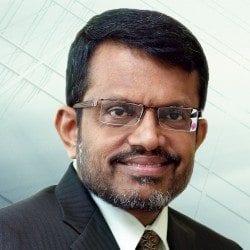A new report titled Early Lessons on Regulatory Innovations to Enable Inclusive Fintech indicates that regulatory sandboxes are not the sole vehicle that can be used by regulatory authorities to encourage financial inclusion, and that there are other tools such as innovation offices that could achieve the same results/goal.
The report was commissioned by the United Nations Secretary – General’s Special Advocate for Inclusive Finance for Development (UNSGSA), Her Majesty Queen Màxima of the Netherlands.
Another of the report’s key findings was that Fintech can play a massive role in ensuring that the 1.7 billion people who are not served by traditional banks also have access to quality financial services.
The report is a product of the Centre for Alternative Finance (CCAF) at the University of Cambridge and UNSGSA’s Fintech Working Group with the help of Singapore’s Monetary Authority (MAS).

Her Majesty Queen Màxima of the Netherlands
Her Majesty Queen Màxima of the Netherlands stated that:
This report comes at a key moment when fintech has given us an unprecedented opportunity to bring more people into the formal financial system. While these innovative tools are exciting, countries need guidance on how to regulate them in a way that maximizes their potential and minimizes their risks.
MAS Managing Director, Ravi Menon supported the Queen’s comments by clarifying that:
The fintech phenomenon offers great opportunity to make finance more purposeful. Harnessed well, it will help to make financial services more accessible, more affordable, and more focused on the customer’s needs. Realizing this potential requires close and continuous collaboration between the private and public sector. MAS is delighted to support UNSGSA and CCAF in producing this report, share our experiences, and learn from fellow regulators.
Ravi Menon, MAS
The report urged regulators looking to incorporate regtech tools with their traditional tools to start conservatively with one or two experimental programs before scaling up. The report also urged regulators to build organizational capacity by ensuring that they have employees who can expertly use the new technologies.

